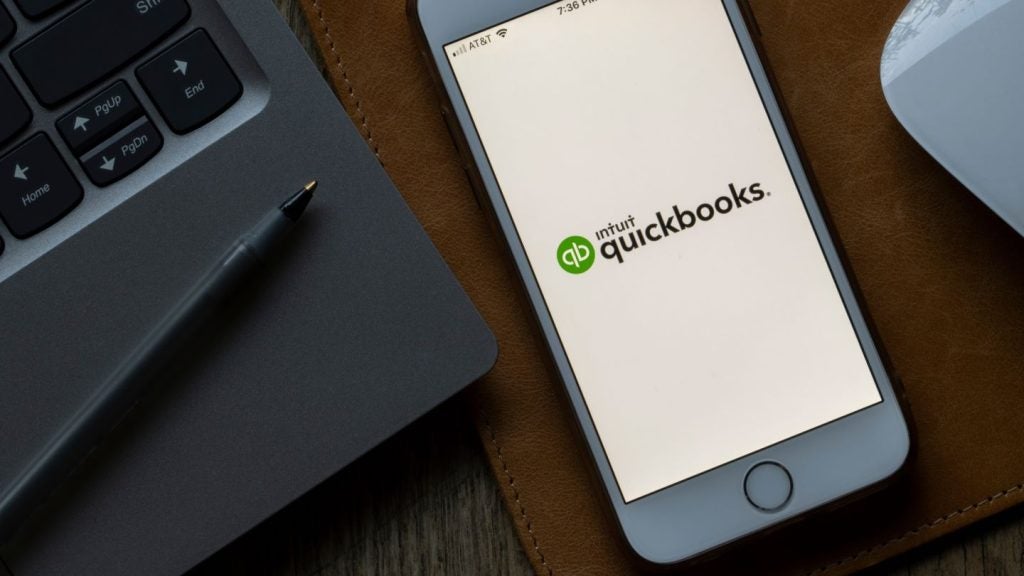Sharjah Islamic Bank, a fully
Sharia-compliant bank based in Sharjah, UAE, is planning the launch
of a corporate payroll card on the back of the success of its Jeans
prepaid card product. As well as generating revenue for the bank,
the Jeans card linked the bank to a different and younger
demographic.
 Motaz Saeed, head of
Motaz Saeed, head of
marketing and business development at Sharjah Islamic Bank, admits
he was never a believer in the idea of prepaid cards, but the
success of the business at his bank recently has made him change
his mind.
He and his team were asked to look
into the opportunity for prepaid cards four years ago when Sharjah
Islamic Bank (SIB), a Sharia-compliant bank founded in 1974, first
started issuing cards.
Saeed told Cards
International his initial scepticism about the product was
because of the inability to generate revenue from revolving
balances in the same way credit cards did. He estimates prepaid
cards generate around 40% of the revenue of a credit product.
Approaching
target
However, the bank’s first prepaid
products were launched 18 months ago, starting with its Jeans card
product, which is now approaching its target of 10,000 cardholders
ahead of schedule.
It has since launched a number of
other lifestyle-related prepaid products on the back of the Jeans
card, based primarily around card design customisation, in what
looks like a successful start for the bank in the prepaid
arena.
In the end, Saeed was won over to
the idea of prepaid because it provided SIB with a low risk
payments product, which became particularly important when loan
delinquencies on credit cards started to kick in at the start of
2009.
“We started working on prepaid
cards, because we wanted risk-free products where we don’t have to
worry about outstanding balances,” he said.
“Write-offs at some banks reached
10% or even higher. We wanted new products to revive and reactivate
the shrinking cards business. We stopped issuing credit cards
because of what happened [during the financial crisis]. Maybe we
will exhaust the prepaid opportunity in two to three years, but we
want to revive the card business with prepaid and adopt a
wait-and-see policy on credit cards.”
 Working on the launch
Working on the launch
of the Jeans card, Saeed looked in detail at the key elements of
the value proposition in prepaid. As there are fewer areas of
revenue in prepaid cards compared to credit, Saeed disregarded
add-ons like cash back, points and rewards schemes, focusing
instead on the plastic itself.
“It is basic [the Jeans card],
there are no value add-ons at all particularly, except the fact it
is a payment card,” he said.
“Instead we thought about playing
around with the card and positioning – that is why we said let’s
call it the Jeans card. We didn’t want to call it a youth card,
because this would restrict its use from other customers. So it
appeals to youngsters but also to other segments.
“The concept was also new to an
Islamic bank – Islamic banks and jeans do not necessarily sit
together in people’s minds and it clicked very well in the
market.”
The card itself was designed with a
denim pattern, a theme which has been built into the marketing and
application forms for the product. It was initially targeted at
14-year-olds and above, but the threshold was moved down to 12 soon
after launch when the bank recognised its popularity among children
who liked being able to spend and receive pocket money.
“Youngsters like to have the
plastic,” said Saeed. “When they go to restaurants with friends
they can flash the plastic and that has contributed to the success
of this card.”
Gifting funds
The Jeans card was also used by
parents as a way of gifting funds to children, he said, including
some employees of the bank. Parents applied for the cards and
loaded pocket money onto them allowing greater oversight of where
and what their children were spending money on.
The product is linked up with SIB’s
SMS banking service, which means parents can receive alerts
whenever their child spends on the card.
Around 68% of the funds loaded onto
SIB’s prepaid cards are spent quickly, but 32% remains on the card,
promoting additional liquidity on the bank’s balance sheet. Other
benefits SIB experienced included the generation of interchange
revenue through spending, 82% of which was spent online and through
physical point of sale (POS) terminals. Only 18% was withdrawn at
ATMs and spent as cash.
The product was distributed via the
bank’s 24 branches, ATMs and Al Ansari Exchange, a UAE remittance
house, which has over 100 outlets.
As well as taking advantage of the
bank’s existing payments franchise, the Jeans product had spin-off
benefits. Targeted initially at the 7,000-8,000 students of Sharjah
University and the American University of Sharjah, it instantly
engaged SIB with a younger demographic. Islamic banks typically
have much higher levels of male customers than female and can
suffer from a traditional and staid image
21% held by
women
Figures for its prepaid products
show 21% of all of the cards are held by women, which has increased
its female clientele, Saeed said.
“We wanted to underpin the SIB
brand as innovative, young and dynamic,” Saeed said. “This will
help us leverage on young customers and hook them as future
customers – this was one of the main drivers of the project.”
As well as these lifestyle-related
cards, the bank is also working on launching travel and payroll
prepaid products.
“Dubai and the UAE is cluttered
with tourists,” said Saeed,
“We thought about giving a
zero-balance prepaid card through tie-ups with travel operators or
airlines in the hope tourists would load them up and start using
them.”
He is also working on a payroll
product, aimed at companies which have still to comply with the UAE
central bank’s decision to phase out salary-based payments, an
initiative which started last year.
“Here, we are talking about mass,
in the region of a 100,000 card target for this product,” said
Saeed.
Typically, workers using these
products will withdraw most or all of the cash loaded via one or
two ATM transactions over the course of a month, but there are
other revenue streams available to make prepaid payroll cards
profitable.
The SIB Payroll product provides
automated card set-up and issuance, free SMS salary alerts and
charges an annual fee of AED50 ($14), which is fairly typical for
these types of cards at most banks and exchange houses in the
region. Users of the card can access service through online and
call centre channels, though they are not able to use the bank’s
branches.
There are no paper statements, with
all account details emailed to the worker, but ATM withdrawals are
free. A salary credit fee of AED15 is also charged to the
corporate. This fee varies between AED10 and AED25 across the
UAE.
High income
stream
The advantages of the card,
according to Saeed, was a comparatively high income stream, at
AED200-AED300 per customer, per year; good potential foreign
exchange and remittance revenue and the automation of account
set-up and issuance.
On the downside, it puts pressure
on the bank’s delivery channels – customers using the payroll card
are not allowed to use branches – and there are little if any
opportunities to migrate the typically lower income workers using
the cards onto more advanced banking products.







